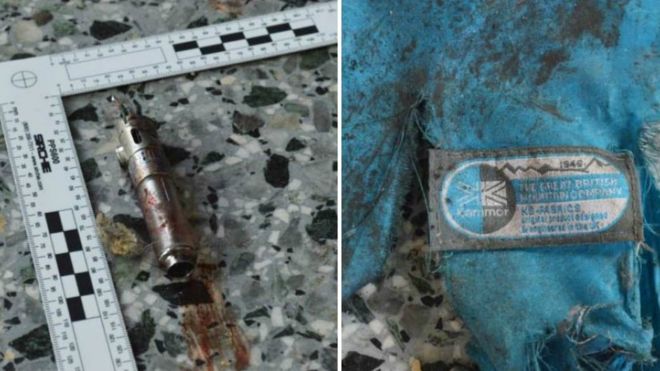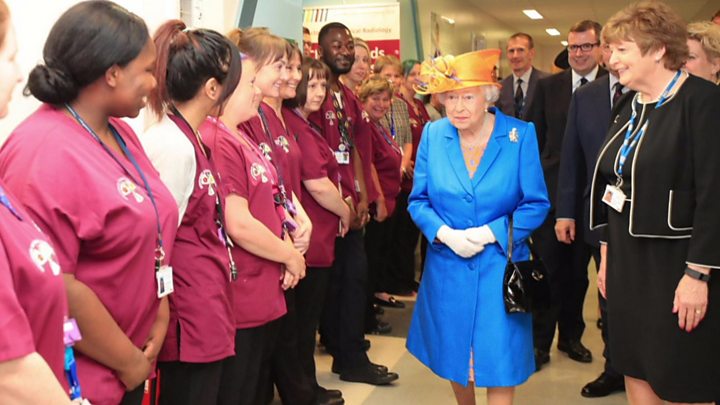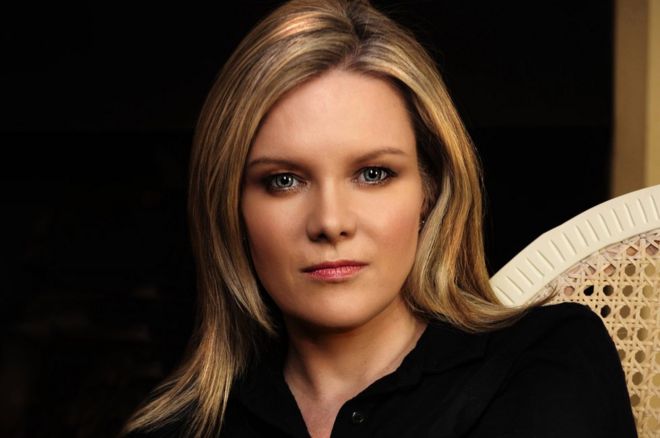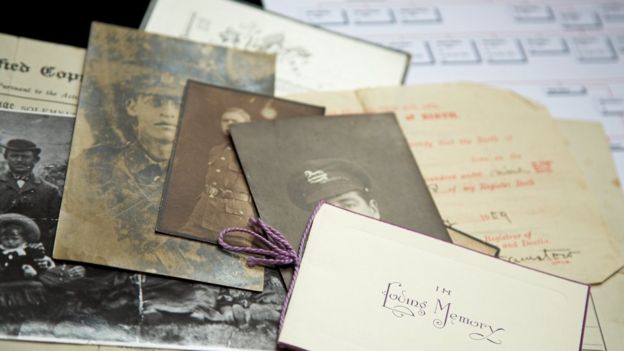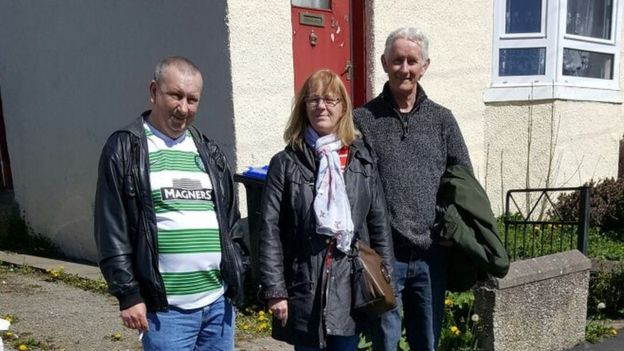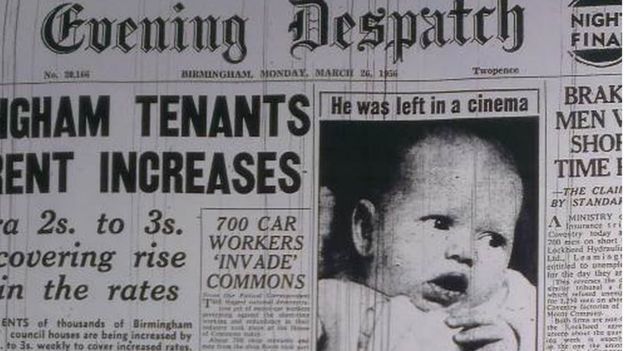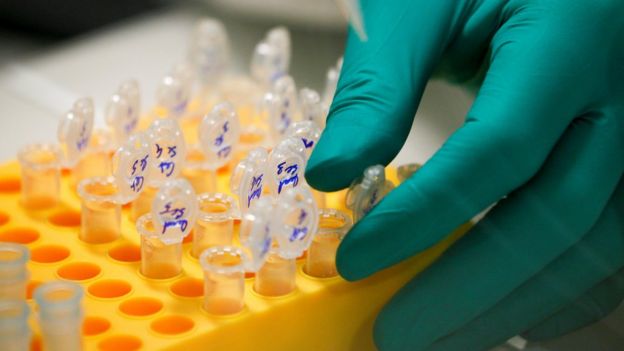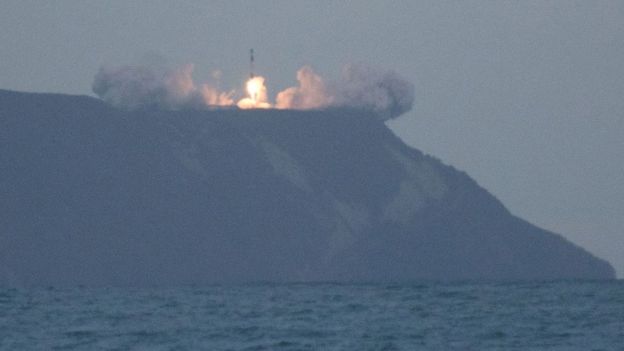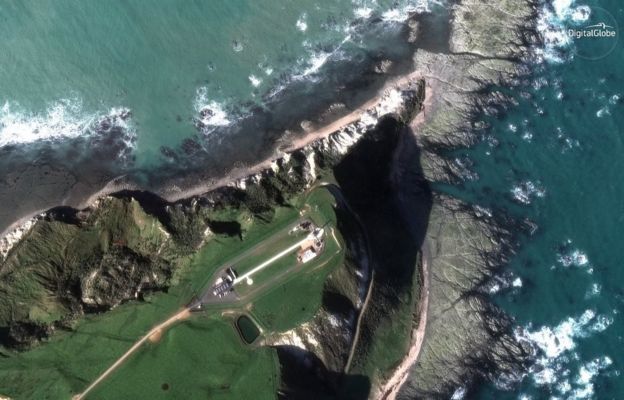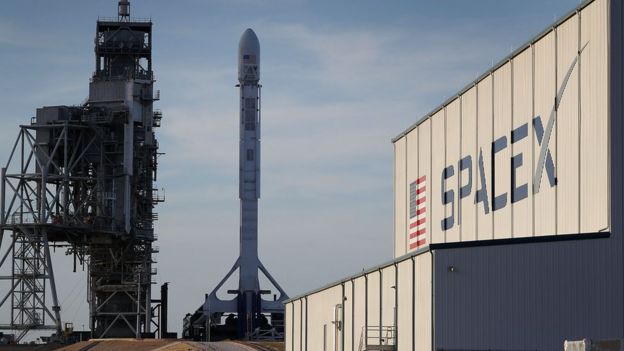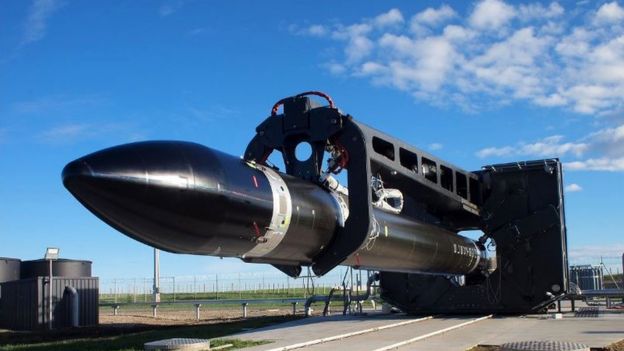Americans should learn Russian to influence Trump, Kerry says
 AFP
AFP
Americans who want to influence the new US government should learn Russian, US ex-Secretary of State John Kerry says.
He was speaking at Harvard University's Kennedy School of Government.
He strongly criticised President Donald Trump and his team, who are being investigated over alleged Russian interference in the 2016 election.
Russia's Foreign Ministry responded by saying the former US administration should have read the poems of Soviet propagandist Vladimir Mayakovsky.
Ministry spokeswoman Maria Zakharova singled out a Mayakovsky poem which glorified Russian as the language of VI Lenin, who led the communist revolution in 1917.
Russia is marking the centenary of the revolution, which resulted in Cold War rivalry between the USSR and the US.
"I'm often asked what the secret is to have a real impact on government. Well, it's recently changed. I used to say, either run for office or get a degree from Harvard Kennedy School. With this White House I'd say, buy Rosetta Stone and learn Russian," Mr Kerry said on Wednesday.
Rosetta Stone is an online language-learning resource.
In a Facebook post, Ms Zakharova said it was a mistake that Russia had not given the US state department under ex-President Barack Obama a collection of Mayakovsky poems.
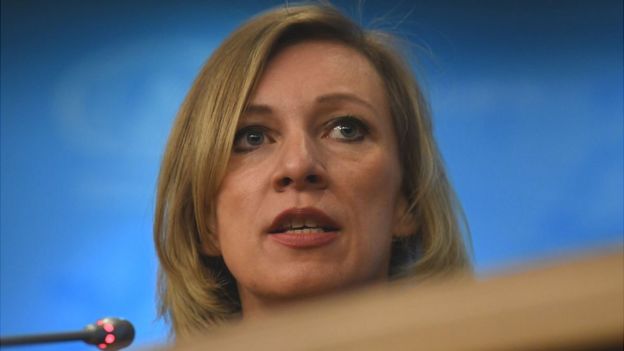 AFP
AFP
She quoted a verse from Mayakovsky's long poem from 1927 called To Our Youth, which translates as:
"Even if I were an elderly black man I would learn Russian, without being despondent or lazy, just because Russian was Lenin's language."
The poem suggests that Russian can serve as a lingua franca binding the diverse nations of the Soviet Union in a new communist order.
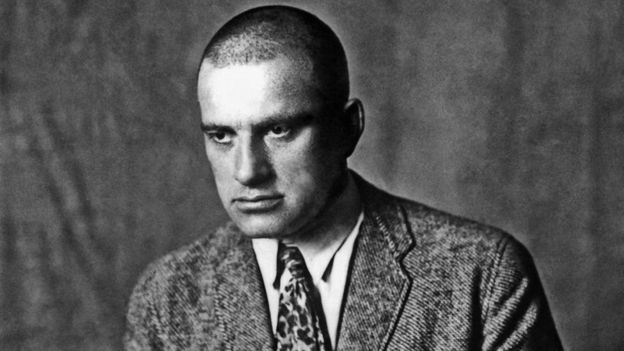 ALAMY
ALAMY
Mayakovsky is still much-admired in Russia for his poetry and avant-garde Socialist realist posters.
He made searing criticisms of the US after touring North America in 1925, comparing its cultural diversity to the Tower of Babel.
"I don't know which Russian language textbooks should be bought for 'this' US administration, but for the 'last one' it would be best to get a little volume of Vladimir Vladimirovich [Mayakovsky], on the eve of the 1917 centenary," Ms Zakharova wrote.
Russian President Vladimir Putin has revived some elements of Soviet life, including pro-Kremlin youth movements and displays of military hardware.
In 2005 he called the collapse of the Soviet Union in 1991 "the greatest geopolitical catastrophe" of the 20th Century.
SOURCE :- BBC

